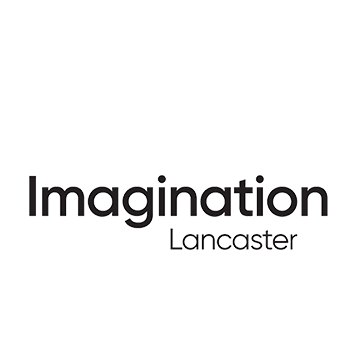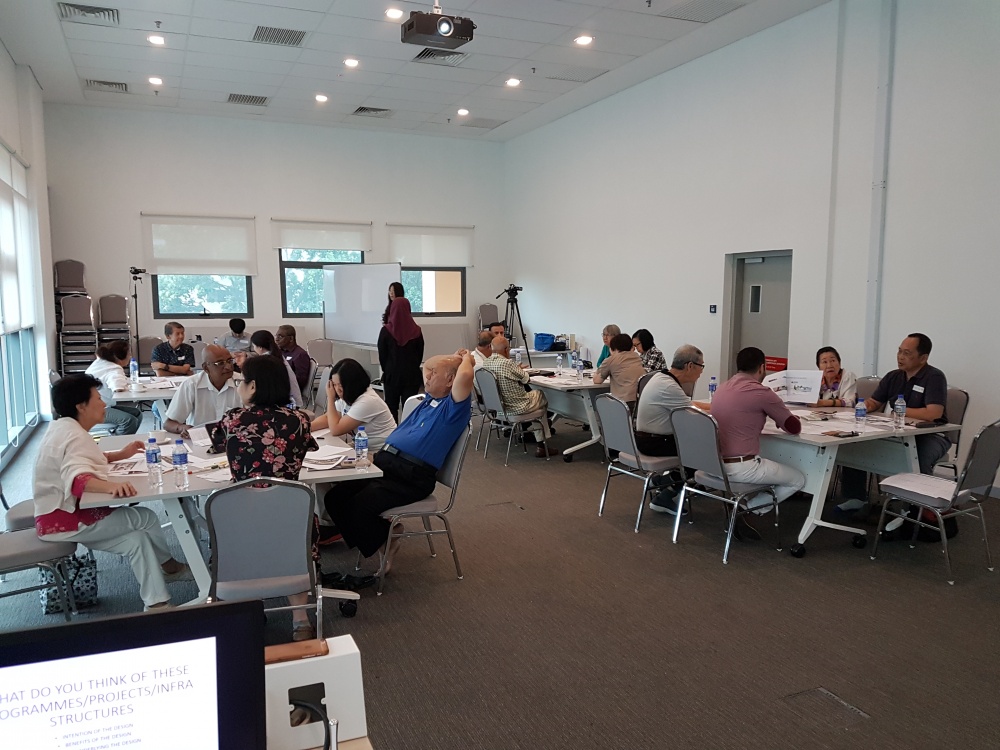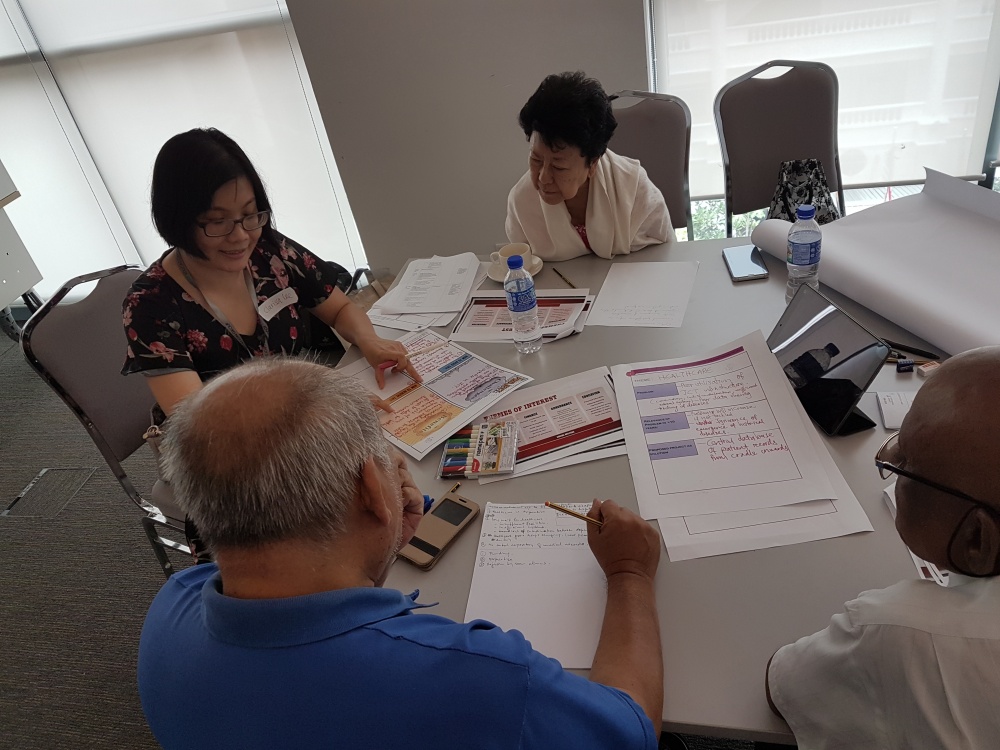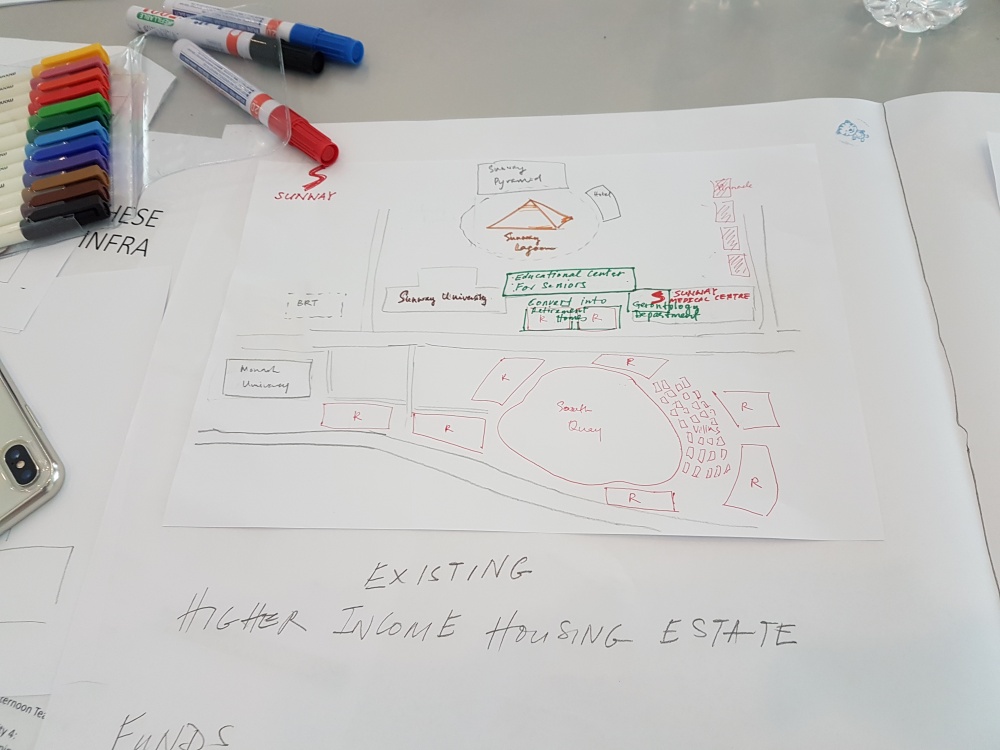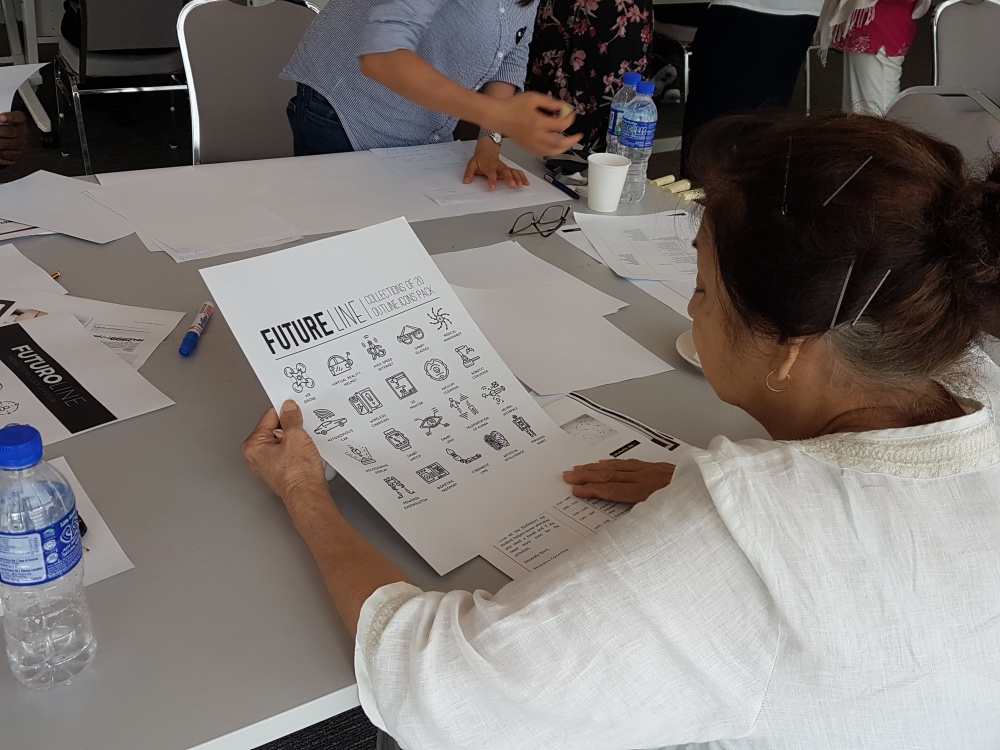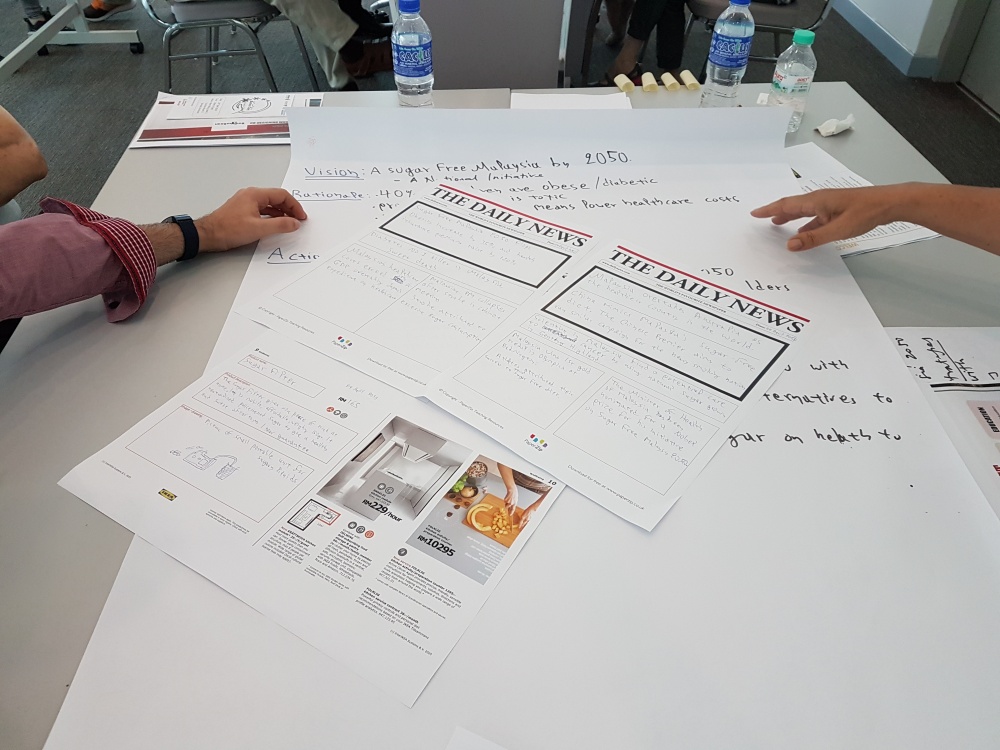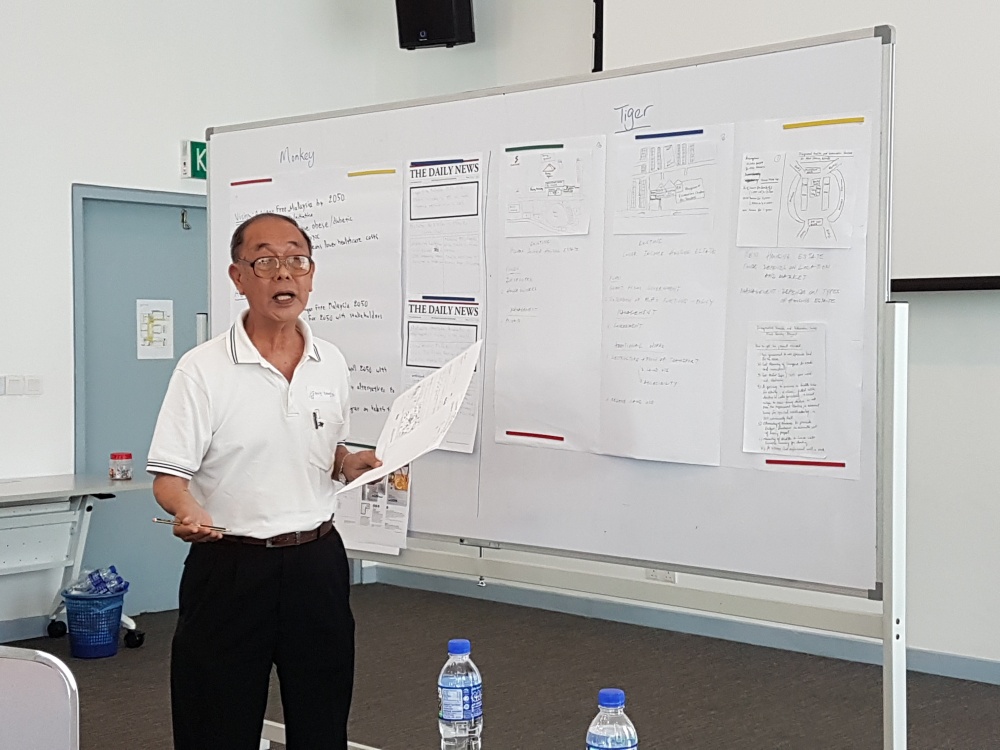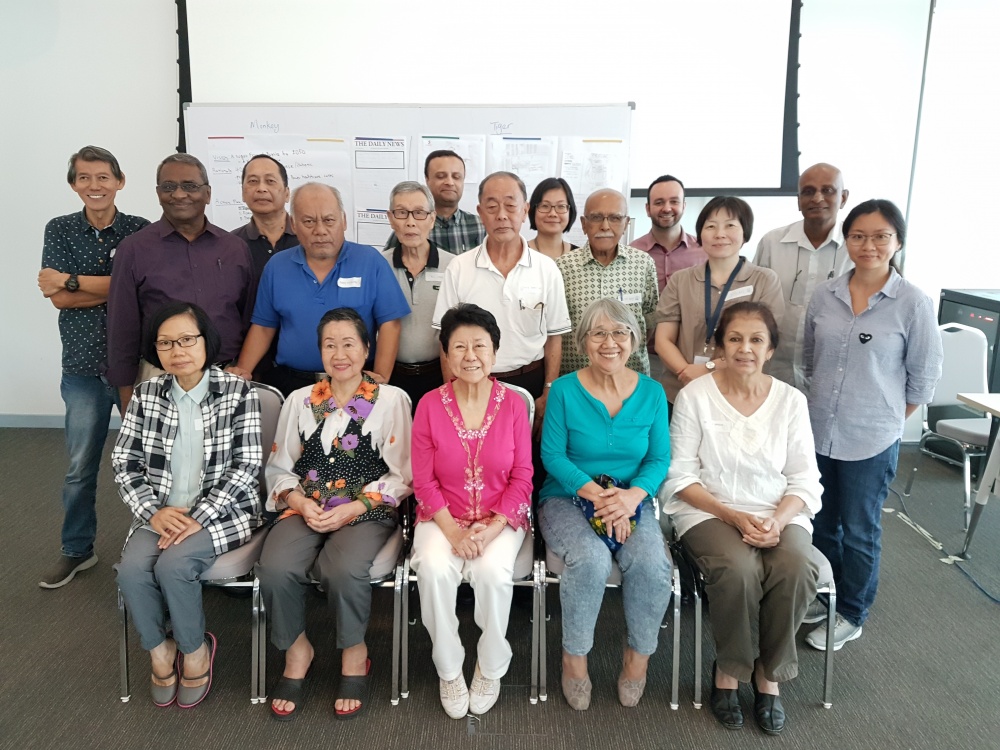A total of 13 senior citizens between their 60s and 80s attended the “Better City with Senior Citizens” workshop where they learned to deploy methods of participatory design for speculating about possible and plausible futures for issues of interest to them.
Some of the participants had been involvedin the pilot workshop back in April 22. The facilitators for this workshop included researchers from Sunway University and Lancaster University.The workshop began with a welcome remark by Dr.Clarissa Leeas lead facilitator, which wasthen followed by a snappy introduction by both participants and facilitatorsas a quick ice-breaker. Dr Lee also gave a brief on the findings from the April 22 workshop that suggested how senior citizen stakeholders in the previous workshop were interested in issues relating to accessibility and sustainability across the board, be it on issues relating to education or healthcare.
With that in mind, the workshop started as the participants were divided into fourgroupswith Dr Yong Min Hooi, Dr Hwang Jung Shan, Dr Emmanuel Tsekleves and Dr Sabir Giga as facilitators. The participants were given the option of pursuing the lines of considerations provided from the findings before, or to take a freshpath, but they would have to work collectively. The participants were introduced tothe process of design development underlying any idea, object,and programme. The process began with the presentation of pictures of relevant objects that each group is asked to evaluate and discuss collectively.
From there, they went on to identify problems they consider as policy priorities that would remain a problem in the future if not dealt with in the present. They then worked iteratively to identify the best solution which involved a consideration of both challenges and benefits, as well as mechanisms for overcoming them. What the workshop intended to impress on the participants was the complexity of design, whereby many considerations enter into the design of an idea that could either be successful or not. The facilitators worked at getting the participants in their groups go from thinking about a problem to the beginnings of prototyping solutions to their problems. Each group was then required to do a 3-minute pitch of their design-oriented solutions to the other groups. The pitching process was meant to clarify for the participants, the solution they were proposing.
The proposals ranged from the creation of a national health database accessible not only to healthcare practitioners but also researchers, to the possibility of a sugar-free Malaysia by 2050, to the development of an inter-generational living ecosystem, and finally, affordable food and healthcare. Although more work would be required to encourage more speculative and blue-sky thinking among the participants, the researchers hope that the introduction of the process of co-design would provide the starting point towards that end, going forward.
